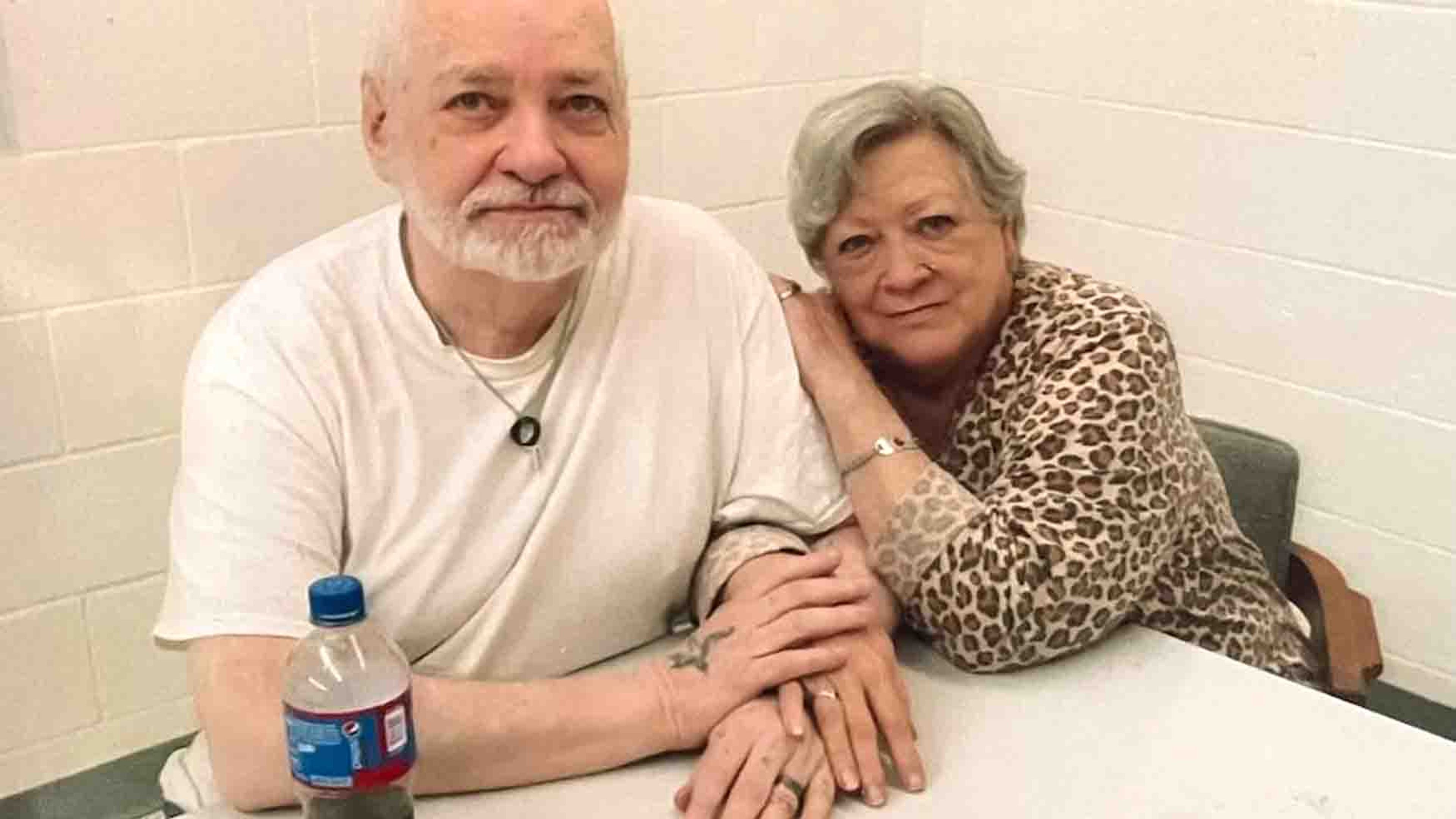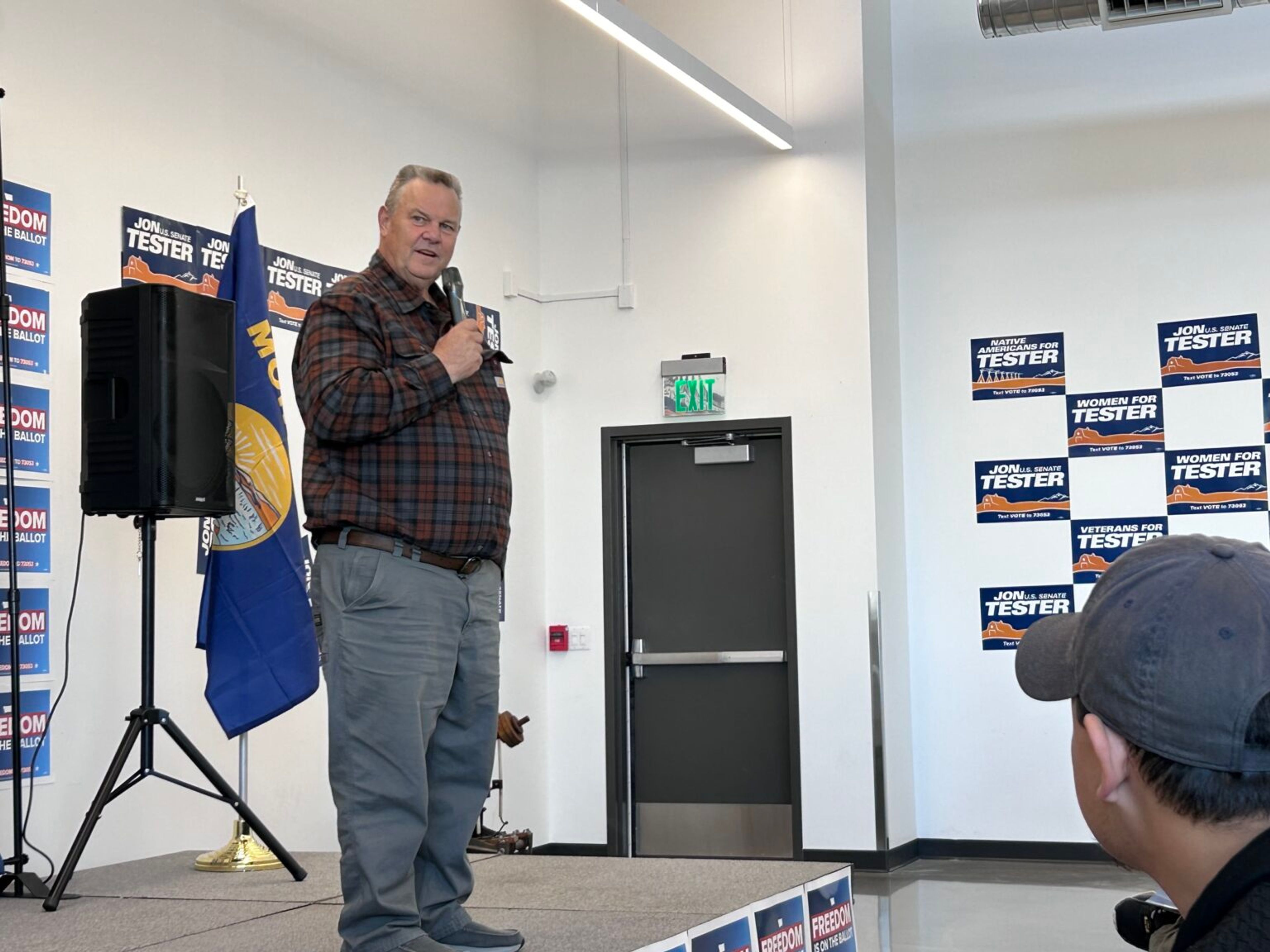WSU survey finds 16% of couples disagree on the COVID-19 vaccine
The most cited reason participants gave for not being inoculated was shot safety
Nearly 16% of couples differentiate when it comes to COVID-19 vaccination status, according to a recent study from Washington State University.
WSU psychologist Karen Schmaling surveyed more than 1,300 people living with their significant others and found a small but significant portion of the couples contain one person who is vaccinated against COVID-19 and another who is not.
“The first thing is to try to estimate how common this is, and the next is to figure out why,” Schmaling said. “If it looks like there’s a disagreement, it would be fascinating to find out from some of these couples what their conversations have been like and how have they tried to resolve it.”
Of the respondents, 63.28% reported both they and their partners were vaccinated and 21.09% reported both were unvaccinated. The remaining 15.63% of couples differed.
The results, published in the journal “Vaccine,” reveal how intimate partners often influence each other’s behavior.
“A substantial literature on couple concordance exists for health behaviors such as alcohol intake, sleep duration and physical activity,” the study states. “The mobilizing effects of being part of a couple extend to voting: couples are more likely to vote than singles.”
As part of the survey, Schmaling asked the unvaccinated participants of incongruous couples to rate their own reasons for not getting the shot on a scale from zero to 10 for importance. She also asked vaccinated participants to rate their partner’s reason for being unvaccinated.
Concerns about vaccine safety were rated as the most important reason for not getting the COVID-19 vaccine, according to the study. Other highly rated reasons were a lack of knowledge about the vaccine and worries about becoming sick after getting it.
“Among unvaccinated participants whose partners were vaccinated, lack of knowledge about the vaccine was the second most important reason for being unvaccinated,” the study states. “Vaccinated participants rated lack of vaccine necessity as the second most important reason that their partner was unvaccinated.”
Some unvaccinated respondents wrote in other reasons for not getting the jab, including “already had COVID” and “I have natural immunity.”
A few of the vaccinated participants detailed why they thought their partners didn’t want the shot, including “anti-vaxxer,” “he’s stubborn” and “the government is overstepping its bounds.”
Schmaling says future research could examine participants’ reasons for being vaccinated, possibly identifying those who may not have wanted to get the vaccine but did so as a condition of employment.
“Vaccines clearly decrease the likelihood of infection and severity of illness,” she said, “so discordant couples could be a real focus of identification and intervention efforts.”
Palermo can be reached at apalermo@dnews.com or on Twitter @apalermotweets.









